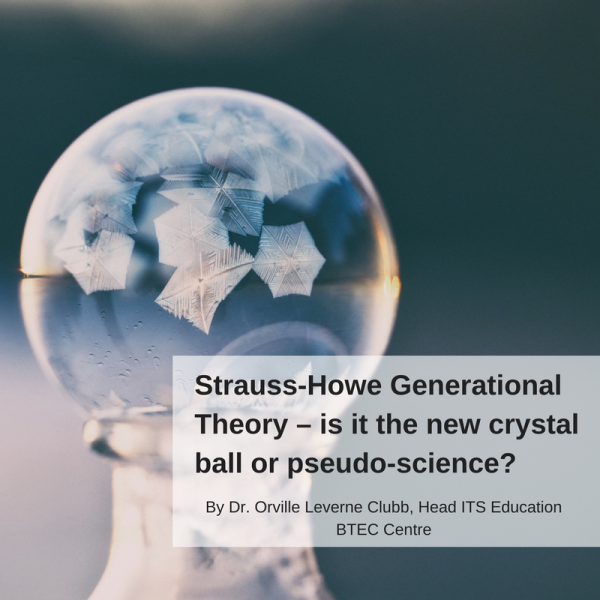* Terms and Conditions apply.
“There are only patterns, patterns on top of patterns, patterns that affect other patterns. Patterns hidden by patterns. Patterns within patterns. If you watch close, history does nothing but repeat itself. What we call chaos is just patterns we haven’t recognized. What we call random is just patterns we can’t decipher. What we can’t understand we call nonsense. What we can’t read we call gibberish. There is no free will. There are no variables.”
? Chuck Palahniuk, Survivor

Today the word “millennials” is in common use. I found that the word’s origin is from the “Strauss-Howe Generational Theory” by two pop historians, William Strauss and Neil Howe. Strauss and Howe’s work is a theory of U.S. generational repetition. Their theory’s hypothesis states that US history moves in 80-year cycles. Each generation moves through 20-year periods of influence in the cycle called turnings. There are four turnings in a cycle. Each cycle will have highs and lows. The fourth turning or last turning in a cycle is normally a major crisis in history like the American Revolution, the Civil War, and World War II. Each of the four generations embody fundamental characteristics, and these characteristics repeat themselves throughout history.
The cycle begins with an optimistic period of hope for growth and prosperity called a “High”. This period is immediately after the end of the previous cycle. The prosperity and wealth of the High period “turns” (turning) into a time of social unrest and uncertainty as fundamental questions concerning morality and ethics begin to be asked, this period being known as an “Awakening”. As an Awakening rolls forward, society begins to withdraw inward from wider social issues and causes, focus on amassing individual and familial wealth, and becoming distrustful of once trusted institutions and symbols of authority. This period of social value decay is called by Strauss and Howe an “Unravelling”. After an Unravelling, an accelerated countdown to a period of “Crisis” begins, climaxed by a major civilizational level crisis such as war or deep political upheaval surrounded by a number of smaller seminal events featuring further breakdowns in the economic and social fabric. Using this theory, our current cycle calls for a major defining crisis.
Steve Bannon, Donald Trump’s former White House Chief Strategist is greatly influenced by this theory and is looking for an apocalyptic “fourth turning”, such as WW III. This would allow the US to go through a cleansing and in a new “High” will return the US to former American values (make America Great again).
William Strauss passed in 2007. Neil Howe is still active and still trying to refine the theory. In a resent web posting by Neil Howe “Where did Steve Bannon get his worldview? From my book”, Howe describes the fundamentals of the theory: “We reject the deep premise of modern Western historians that social time is either linear (continuous progress or decline) or chaotic (too complex to reveal any direction). Instead we adopt the insight of nearly all traditional societies: that social time is a recurring cycle in which events become meaningful only to the extent that they are what philosopher Mircea Eliade calls “reenactments.” In cyclical space, once you strip away the extraneous accidents and technology, you are left with only a limited number of social moods, which tend to recur in a fixed order.
In an article by Tim Fernholz, Bannon was not dealt with in a very flattering manner. “His views revolve around several key themes that can be explored at some length, but briefly summarized: American society is at a turning point in history and facing social collapse thanks to a decadent generation that has forgotten the values that made America great. Only by re-embracing white, Christian nationalism can the US regain its pioneering chutzpah. He even made a film on the topic, called Generation Zero”.
Generational theory is growing in popularity. Dr. Graeme Codrington in an article “Detailed Introduction to Generational Theory in Asia” attempts to apply the theory to the countries of Asia, South East Asia and the Asia-Pacific regions. In his article Codrington points out theories of the cyclical nature of history is not new. He states: “Greek historian, Cicero; Greek writers, Heraclitus and Homer; Chinese philosopher, Lin Yü-t’ang, and the writers of the Old Testament (especially the book, Judges), show that this cyclical nature of history and generational development has not just been recently noticed.”
In computing we talk about “the software life cycle”, there is the “product life cycle” for manufacturing and even “Empire life cycles” theories. There is clearly merit in life cycle theory. It suits our view of our existence. But to what extent does that give it validity? Until next time….